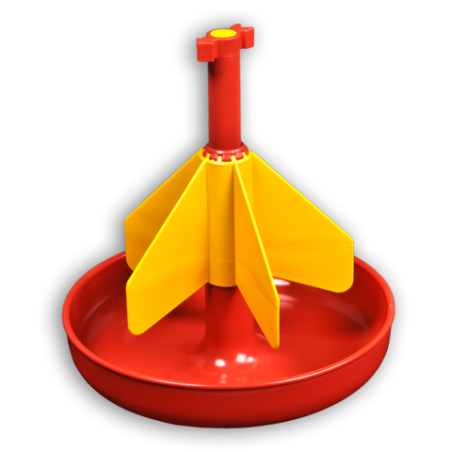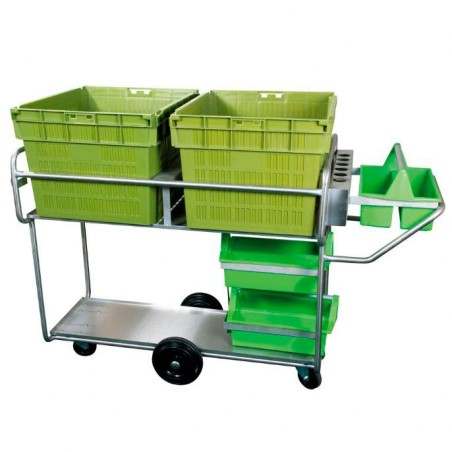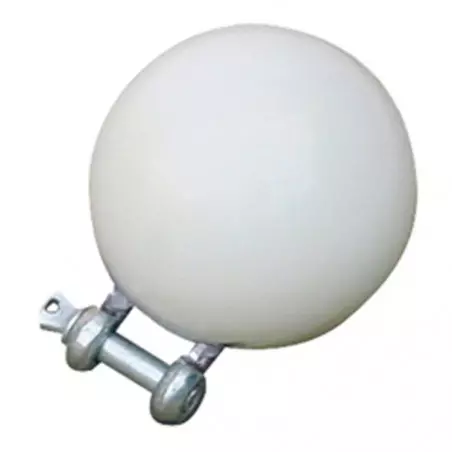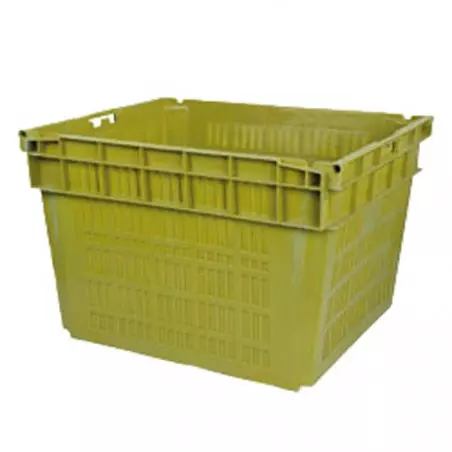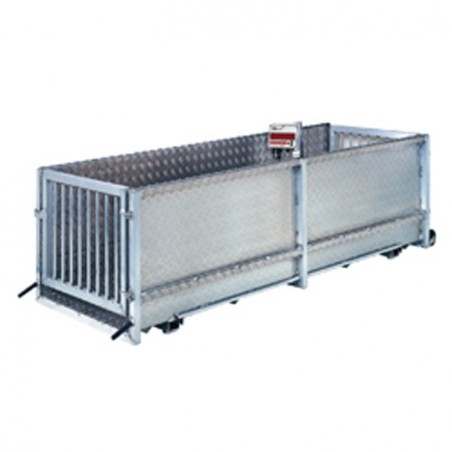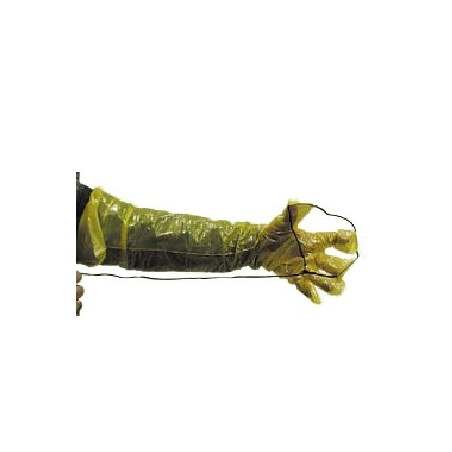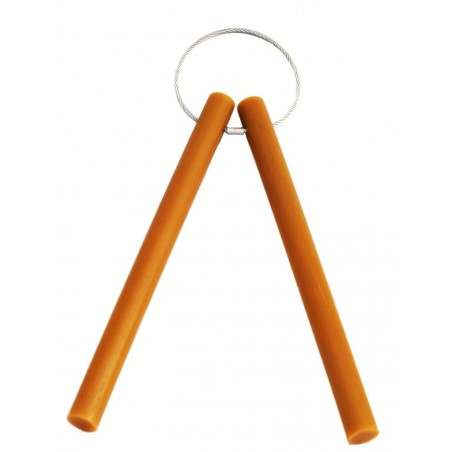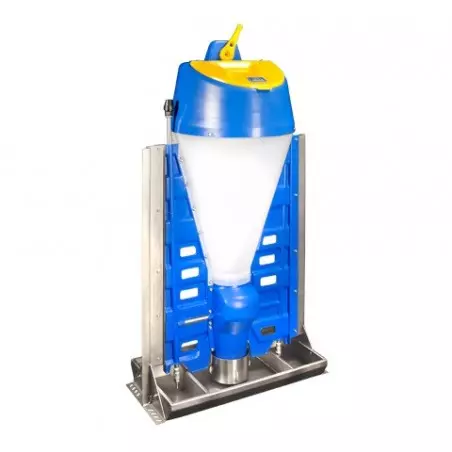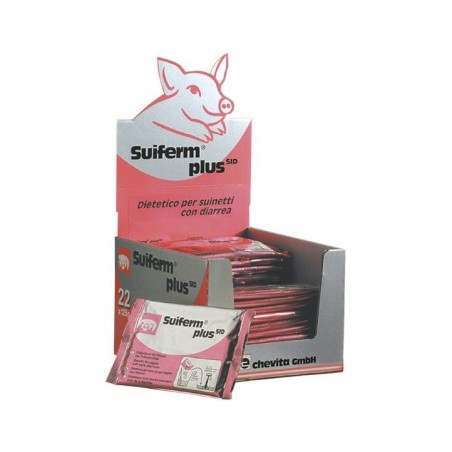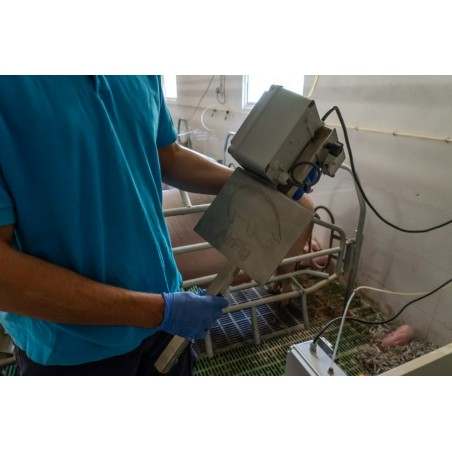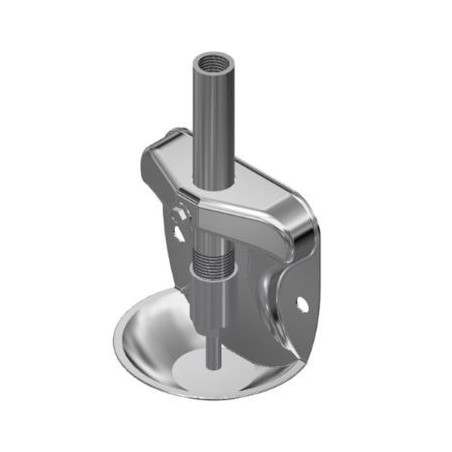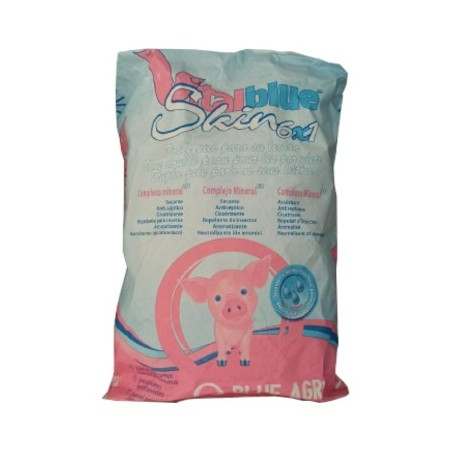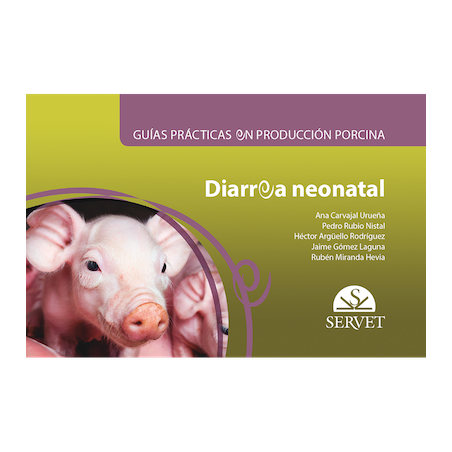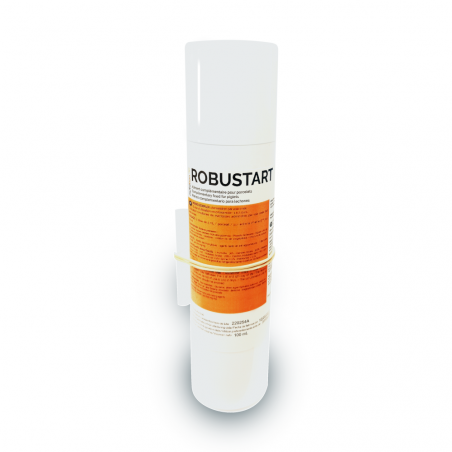The weaning period becomes a challenge for piglets, especially for their gastrointestinal health. The change in diet due to the suspension of the mother’s milk, accompanied by an acceleration of both morphological and enzymatic maturation of the intestinal mucosa of the piglets, can worsen digestion and absorption. In this context, the protein requirement of piglets, which are in a phase of rapid growth, may be greater than the intestine’s ability to digest proteins. Undigested proteins are the best pabulum for the proliferation of the pathogenic bacterial flora that causes diarrhoea. Since these problems can no longer be resolved with prophylactic use of antibiotics, the best balance between intestinal health and growth performance must be found. A diet low in crude protein and supplemented with synthetic amino acids can help achieve this goal. The aim of this research was to assess the effect of the dietary protein level on piglet growth and post-weaning diarrhoea incidence. Piglet faecal microbiota and faeces composition were also assessed. The experiment was carried out on 144 weaned piglets (72 piglets per treatment) and lasted from weaning (at 25 days of age) until the end of the post-weaning phase (at 95 days). Two dietary protein levels were compared: high (17.5% crude protein on average, during the experiment) and low (15.5% on average).
As a result, lower average daily gain and feed conversion ratio were observed in low protein piglets in the first growth phase. However, at the end of the post-weaning period, the growth parameters were not significantly different in the two diets. Diarrhoea scores were lower in piglets fed low protein diets than in piglets fed high protein diets. Fibrobacteres, Proteobacteria, and Spirochaetes were more abundant in the faeces of the piglets fed low protein diets. Faecal nitrogen content was lower in piglets fed low protein diets.

In conclusion, low protein levels in the diet can reduce the incidence of post-weaning diarrhoea while only marginally affecting growth parameters.
Marchetti R, Faeti V, Gallo M, Pindo M, Bochicchio D, Buttazzoni L, Della Casa G. Protein content in the diet influences growth and diarrhea in weaning piglets. Animals. 2023; 13(5): 795. https://doi.org/10.3390/ani13050795




